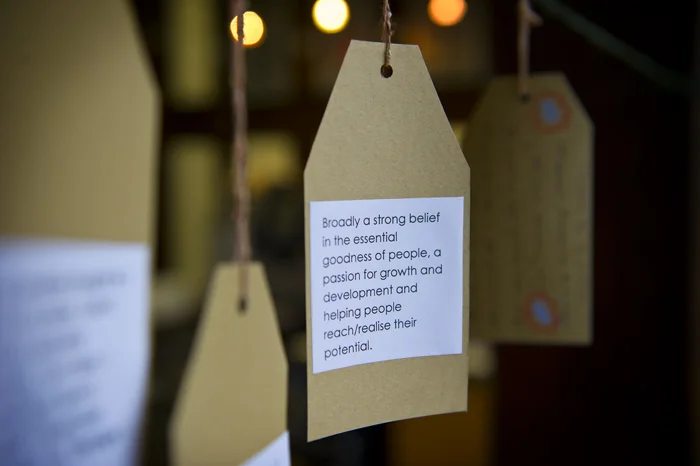Leadership Baggage
Well, we often travel with a little baggage.
The baggage that our leaders bring to the world can be difficult for us, sometimes even downright dangerous. Whether we talk about leadership in terms of finding ourselves in precarious political conflicts, dealing with the arrogance and exploitation of the global financial crisis, the potentially catastrophic denial of the ecological risks we face or simply a panacea for just getting through the day together, we often seem critically reliant on our leaders.
The problem, it seems, is that rather than being the super beings that many ‘leadership’ roles might require, our leaders remain basically human with all of the frailty and weakness that such a condition condition implies.
I was captured by these baggage labels, used by an Ashridge Doctoral group to describe some of the philosophical underpinnings of their leadership practice. Working together were CEOs, artists, activists, business executives, HR/OD practitioners, care professionals and academics, all trying to understand more of the ‘moments’ when leaders lead and when followers might choose to follow.
In my previous career, I was clearly charged with ‘leadership’; it was written into each role description and assessed during each appraisal. Yet I frequently found that my best ‘leadership‘ emerged in what seemed to be tiny moments. Rather than grandiose gestures, simply turning up and being a human being often seemed to be the thing that best supported change at an individual and organisational level.
In the end, it was this label that spoke most easily to me through its opening words, “Broadly a strong belief in the essential goodness of people....” I’ve yet to see this included in a formal competency framework or set of assessment centre metrics but it might be a good place to start.
It could be the kind of baggage that is worth carrying.
